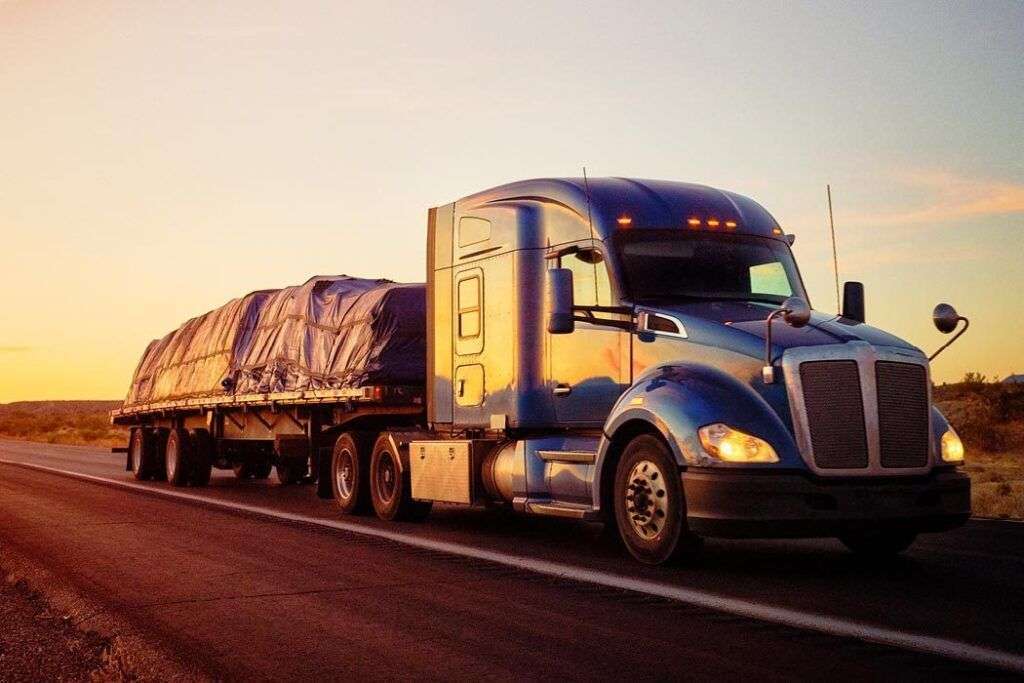
Auto Transport Scams and Auto Transport Companies to Avoid
Car shipping scams occur in the transportation sector, however they are usually uncommon. Regardless of the professional appearance of a vehicle transport company's website, scammers may still be hiding behind apparently real facades.
Spotting Common Auto Transport Scams
Scammers frequently attract people with claims of convenient services at incredibly inexpensive costs. These deals may seem too good to be true, and in most cases they are. This is how the con usually plays out:
-The con artist offers a very appealing quote that is a lot less expensive than those of competitors.
-They request that clients use digital wallet services like Venmo, CashApp, or PayPal to make a deposit.
-They give a pickup date after they get payment.
-The con artist never pays off. ----They may offer excuses for delays or cease all communication altogether.
-Despite a large number of reliable auto shipping businesses, frauds can occur in this industry. -These con artists frequently use websites that appear professional and offer excellent services at enormously low prices. Sadly, low-cost bids frequently result in hidden costs that end up costing customers significantly more.
It is crucial to understand how to spot and stay clear of these con artists before you become a victim of their strategies. To be sure you're dealing with a trustworthy business, follow these procedures.
Five Ways to Identify Authentic Auto Transport Companies and Avoid Car Shipping Scams
1. Compile details about the vehicle transport company
Gather all of the contact details for your possible car mover, such as the complete name of the business (including any DBAs, or doing business as), addresses, and phone numbers (local and toll-free). Request their license numbers from the Department of Transportation (DOT) and the Motor Carrier (MC). Once you have this knowledge, look it up online. Check about any complaints that have been made against the auto transport company you are thinking about by contacting the Federal Motor Carrier Safety Administration (FMCSA) and the Better Business Bureau (BBB).
Don't let a few complaints discourage you. Negative remarks can be made about even respectable businesses. To determine whether the percentage is noteworthy, compare the number of complaints to the total number of clients served. For instance, a company that ships 100,000 cars might receive 100 complaints annually, or fewer than 1% of all complaints. Verify whether the concerns were satisfactorily resolved as well, since this will show how dedicated a business is to providing excellent customer service.
2. Examine Online Testimonials
It's common practice to read internet reviews before making a purchase of goods or services. Viewing the testimonials from previous clients can give you a better idea of the kind of service to anticipate. Therefore, finding a trustworthy auto shipping business requires reading reviews.
3. Examine the terms and conditions and your car moving quote carefully
All of the information on transferring your car should be included in the quote for car transportation. Along with going over the costs and terms and conditions with you, your customer support agent should also address any queries you may have.
4. Ask about the Due Date for Payment (It shouldn't be before a Trucker Is Assigned)
Businesses that are only interested in taking your money will make every effort to do it as fast as possible and may request payment in full, sometimes even before a trucker is assigned. This is cause for concern. A trustworthy auto shipping firm won't charge you for their services until a licensed trucker has approved the carriage of your car. Once your car has been allocated to a trucker, you typically pay a deposit and the whole amount is required when the vehicle is delivered.
Companies to Avoid for Auto Transport
After doing some research, you'll probably have a list of possible auto shipping businesses. The following are warning signs to be aware of:
1. Unregistered Vehicle Transportation Companies
The FMCSA controls how commercial motor vehicles, especially those used by auto transport companies, are operated. The FMCSA regulates two categories of auto transport businesses: brokers and carriers.
Carriers
Vehicle pickup, delivery, and transportation are within the direct authority of these businesses. They hire drivers who are familiar with the vehicle shipping procedure and own the trucks. An FMCSA registration requires a carrier to:
-Get a number from the Motor Carrier.
-Maintain the necessary insurance coverage
-Observe safety precautions
-Fulfil the criteria for driving qualification
-Follow the guidelines regarding service hours.
Brokers
These companies don't hire drivers or have the equipment needed to ship cars. Rather, they serve as a business middleman between carriers and clients. The FMCSA verifies that brokers:
-Practical competence
-Protection from insurance
-Handling contracts
-Payment procedures
-Financial responsibility and licensing
-Protection of consumers
-Resolving complaints
2. False Auto Transport Companies
By utilizing the name and image of another company, scammers can create websites or social media profiles that mimic well-known and prosperous businesses. Prior to using a company's services, always confirm their identity and contact details. Look up their DOT or FMCSA numbers to confirm that they are legitimate. Make sure the business has an accessible phone number, a helpful customer support staff, and is simple to get in touch with. If a business is difficult to get in touch with or refuses to provide you their contact information, it's advisable to look somewhere else.
3. Imaginary Low Quotes
Be cautious when businesses offer quotes that are much less than those of competitors. While it's normal to shop around for the best price, deals that appear too good to be true often have unforeseen costs or poor quality work. Examine the going rates in the market and be cautious of those that substantially reduce the average.
4. The terms and conditions are vague.
A reliable business will supply precise and comprehensive terms and conditions. It is a warning sign if a business is deceptive or unclear regarding their methods, costs, or regulations. In any commercial transaction, trustworthiness is largely dependent on transparency.
How to Check the FMCSA Registration for a Carrier or Broker
On the FMCSA website, you can verify a company's registration status. Enter the company's DOT number in the FMCSA Company Snapshot database to check for the company. A trustworthy broker or carrier will be able to easily obtain their MC number and/or DOT number online or by contacting them. It is advised to look for auto shipping services elsewhere if a company is not registered with the FMCSA or refuses to provide its registration number.
An overview of the company is given by the database, which also includes contact details, the status of operations, a classification of the operations, and the kinds of goods the company is permitted to transport. Only some carriers, such as those who transport metals or chemicals, are registered with the FMCSA. Only some carriers, such as those who transport metals or chemicals, are registered with the FMCSA. Ensure that the carrier is licensed and registered to transport motor vehicles before using them for transportation.
Conclusion
Scams related to auto shipping have the ability to change a seemingly easy and stress-free activity into a costly and unpleasant nightmare. You can stay clear of con artists and make sure you select a reliable company for your vehicle shipping needs by paying attention to the instructions above and exercising caution. Always check credentials, read reviews, make sure you comprehend the terms and conditions, and follow your gut. By doing this, you can protect your investment and discuss the challenging vehicle transportation sector.
Continue Reading...
Stay updated with our latest blogs, news, and articles

